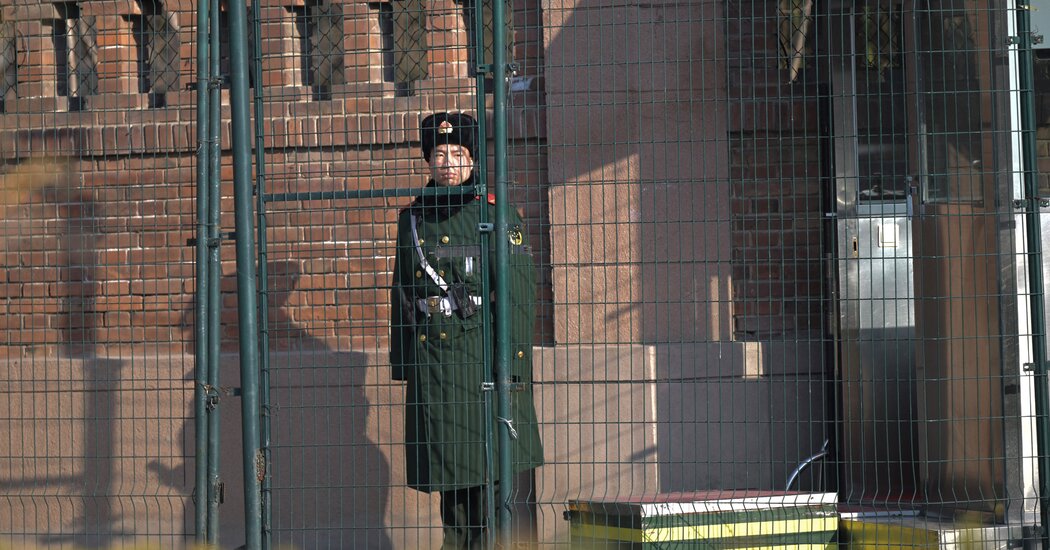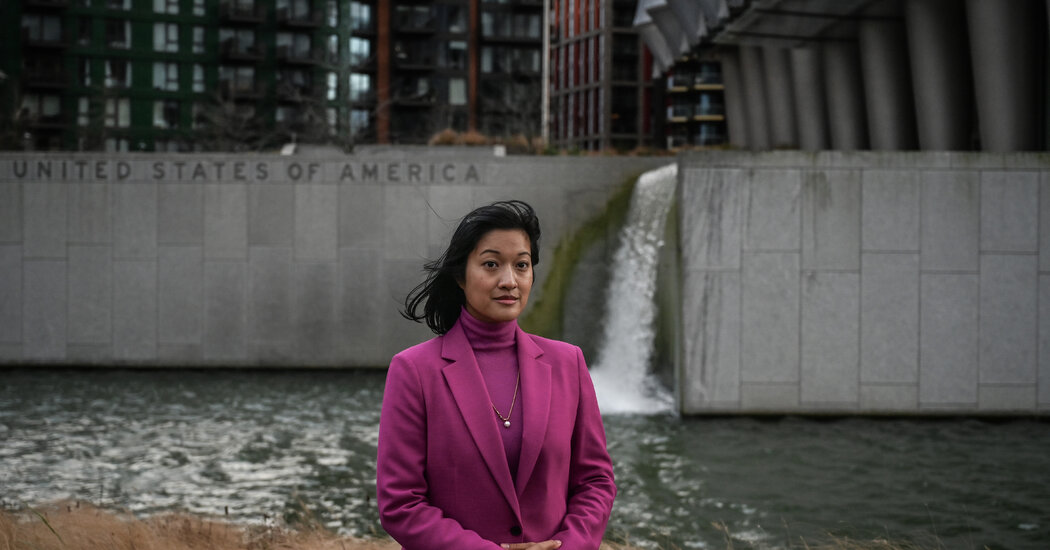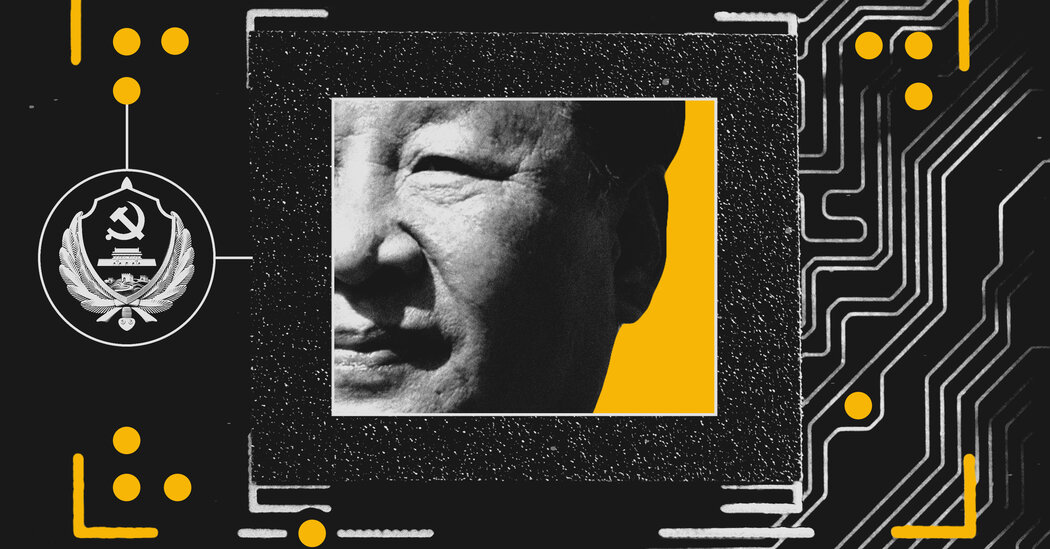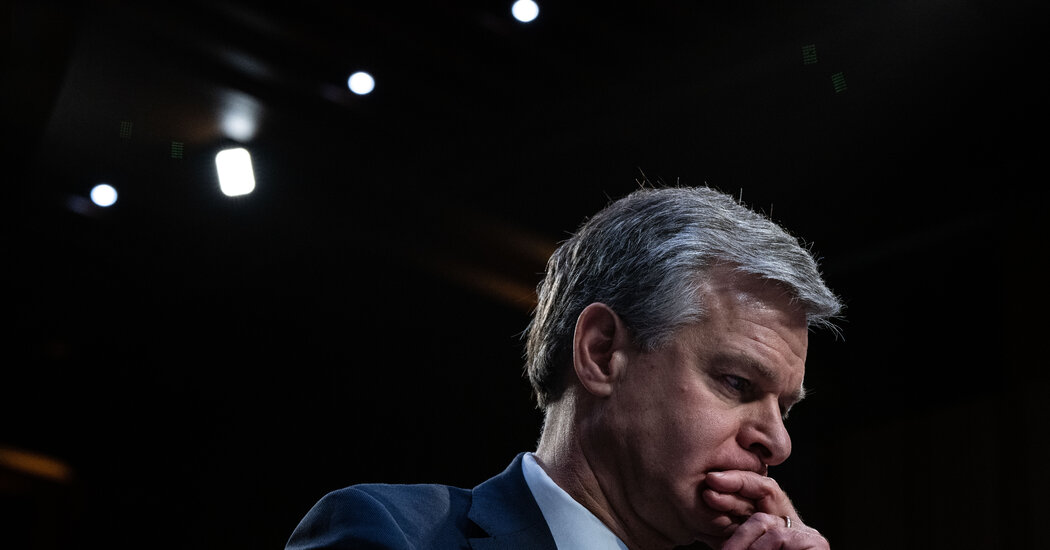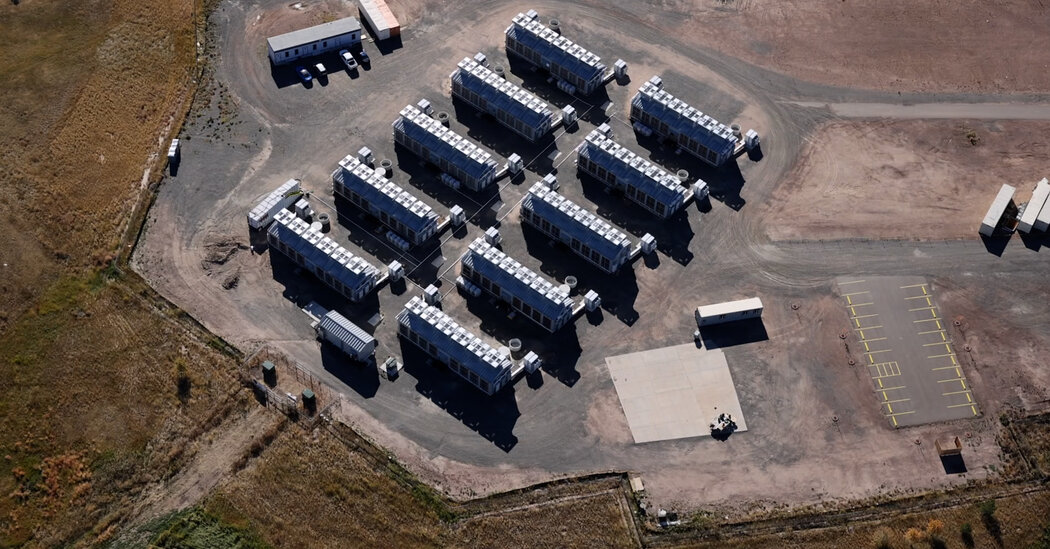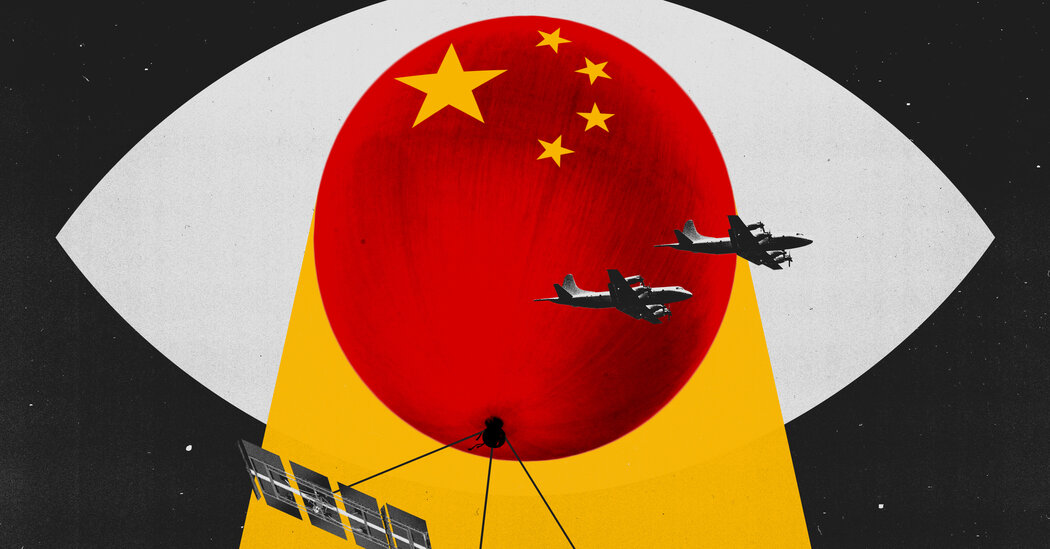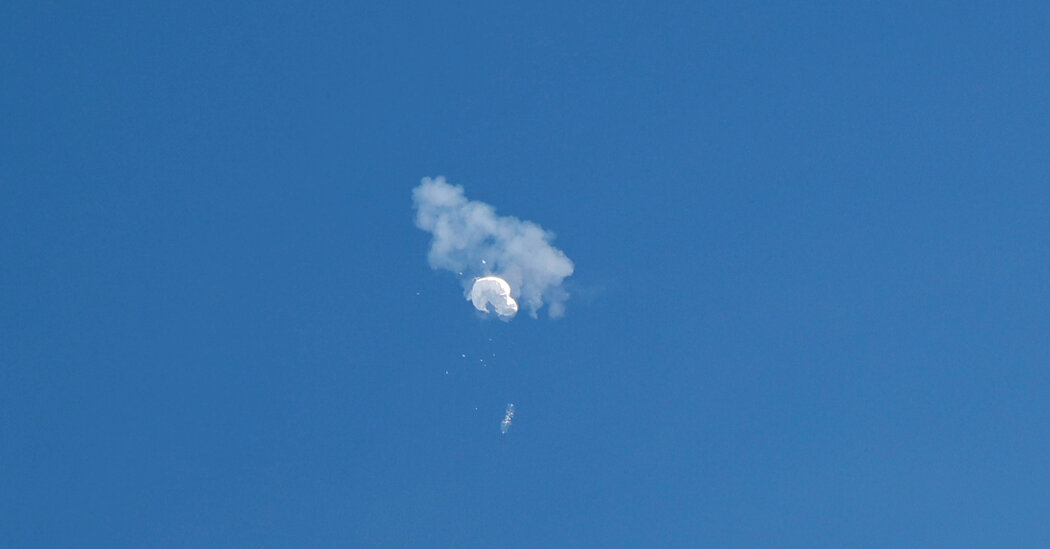A U.S. congressional committee has asked the Commerce Department to look into whether a giant technology company controlled by the ruling family of the United Arab Emirates should be put under trade restrictions because of its ties to China. The company, G42, specializes in artificial intelligence and other emerging technologies, and is overseen by Sheikh Tahnoon bin Zayed, the national security adviser of the Emirates and a younger brother of the country’s ruler. It has signed recent agreements with prominent American technology companies, including Microsoft, Dell and OpenAI. A Silicon…
Tag: Espionage and Intelligence Services
China Says It Detained a Foreign Consultant for Spying for Britain
China’s top intelligence agency said Monday that it had detained the head of an overseas consulting agency for working as a spy for the British government to collect Chinese state secrets. The Chinese Ministry of State Security said it caught a consultant with the surname Huang, who collected China-related intelligence and found personnel on behalf of MI6. The British intelligence agency recruited and trained Huang — who is from an unspecified “third country” — in the United Kingdom and other places, the ministry said in a post on its official…
Asian American Officials Cite Unfair Scrutiny and Lost Jobs in China Spy Tensions
When Thomas Wong set foot in the United States Embassy in Beijing this summer for a new diplomatic posting, it was vindication after years of battling the State Department over a perceived intelligence threat — himself. Diplomatic Security officers had informed him when he joined the foreign service more than a decade ago that they were banning him from working in China. In a letter, he said, they wrongly cited the vague potential for undue “foreign preference” and suggested he could be vulnerable to “foreign influence.” Mr. Wong had become…
Chinese Spy Agency Rising to Challenge the C.I.A.
The Chinese spies wanted more. In meetings during the pandemic with Chinese technology contractors, they complained that surveillance cameras tracking foreign diplomats, military officers and intelligence operatives in Beijing’s embassy district fell short of their needs. The spies asked for an artificial intelligence program that would create instant dossiers on every person of interest in the area and analyze their behavior patterns. They proposed feeding the A.I. program information from databases and scores of cameras that would include car license plates, cellphone data, contacts and more. The A.I.-generated profiles would…
Warnings Emerge Over Emirati A.I. Firm G42’s Ties to China
When the secretive national security adviser of the United Arab Emirates, Sheikh Tahnoon bin Zayed, visited the White House in June, his American counterpart, Jake Sullivan, raised a delicate issue: G42, an artificial intelligence firm controlled by the sheikh that American officials believe is hiding the extent of its work with China. In public, the company has announced its staggering growth with a steady cadence of news releases. They have included agreements with European pharmaceutical giants like AstraZeneca and a $100 million deal with a Silicon Valley firm to build…
The Race to Avert Quantum Computing Threat With New Encryption Standards
They call it Q-Day: the day when a quantum computer, one more powerful than any yet built, could shatter the world of privacy and security as we know it. It would happen through a bravura act of mathematics: the separation of some very large numbers, hundreds of digits long, into their prime factors. That might sound like a meaningless division problem, but it would fundamentally undermine the encryption protocols that governments and corporations have relied on for decades. Sensitive information such as military intelligence, weapons designs, industry secrets and banking…
Allied Spy Chiefs Warn of Chinese Espionage Targeting Tech Firms
The United States and its allies vowed this week to do more to counter Chinese theft of technology, warning at an unusual gathering of intelligence leaders that Beijing’s espionage is increasingly trained not on the hulking federal buildings of Washington but the shiny office complexes of Silicon Valley. The intelligence chiefs sought to engage private industry in combating what one official called an “unprecedented threat” on Tuesday as they discussed how to better protect new technologies and help Western countries keep their edge over China. The choice of meeting venue…
Across U.S., Chinese Bitcoin Mines Draw National Security Scrutiny
When a company with Chinese origins broke ground last year on a crypto-mining operation in Cheyenne, Wyo., a team at Microsoft that assesses national security threats sounded the alarm. Not only was the site next door to a Microsoft data center that supported the Pentagon — it was about a mile away from an Air Force base that controlled nuclear-armed intercontinental ballistic missiles. The location could allow the Chinese to “pursue full-spectrum intelligence collection operations,” the Microsoft team wrote in an August 2022 report to the Committee on Foreign Investment…
In Risky Hunt for Secrets, U.S. and China Expand Global Spy Operations
As China’s spy balloon drifted across the continental United States in February, American intelligence agencies learned that President Xi Jinping of China had become enraged with senior Chinese military generals. The spy agencies had been trying to understand what Mr. Xi knew and what actions he would take as the balloon, originally aimed at U.S. military bases in Guam and Hawaii, was blown off course. Mr. Xi was not opposed to risky spying operations against the United States, but American intelligence agencies concluded that the People’s Liberation Army had kept…
China Has Paused Its Spy Balloon Operations, U.S. Officials Say
American officials said on Friday that China had paused its spy balloon operations after one of the craft floated across much of the United States early this year and was shot down off the coast of South Carolina, setting off a diplomatic crisis between the rival powers. The officials said that they did not know how long the pause would last, but that given the investments the Chinese government had made in the balloon program, Beijing was likely to restart it. The spy balloon that crossed the United States was…

